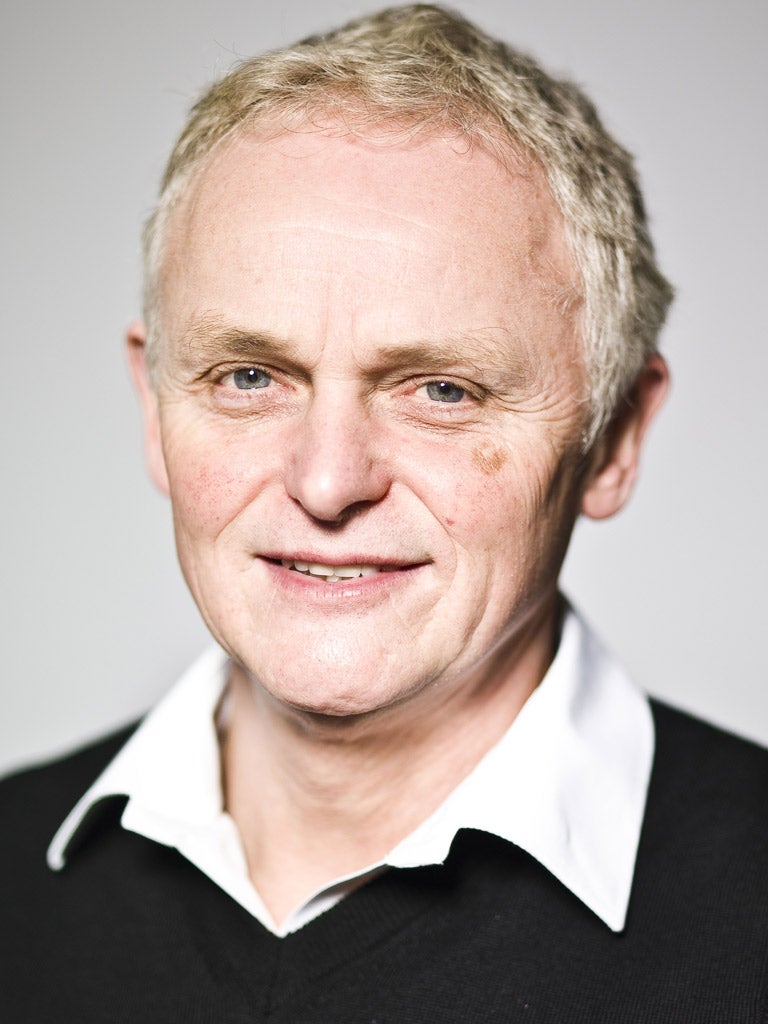UK Athletics 'mind mechanic' Dr Steve Peters can fix relay malfunction

Your support helps us to tell the story
From reproductive rights to climate change to Big Tech, The Independent is on the ground when the story is developing. Whether it's investigating the financials of Elon Musk's pro-Trump PAC or producing our latest documentary, 'The A Word', which shines a light on the American women fighting for reproductive rights, we know how important it is to parse out the facts from the messaging.
At such a critical moment in US history, we need reporters on the ground. Your donation allows us to keep sending journalists to speak to both sides of the story.
The Independent is trusted by Americans across the entire political spectrum. And unlike many other quality news outlets, we choose not to lock Americans out of our reporting and analysis with paywalls. We believe quality journalism should be available to everyone, paid for by those who can afford it.
Your support makes all the difference.Talking for the first time yesterday about his new role working for UK Athletics, Dr Steve Peters, the sports psychologist who has played a pivotal role in the boom of British cycling, was asked if he had been hired to help fix the problem of the country's two-legged sprinters struggling to get the baton round at major championship relay time.
The man dubbed "the mind mechanic" might be best known for his work with the elite pedal-pushing fraternity, thanks to the success he has helped Sir Chris Hoy, Bradley Wiggins, Victoria Pendleton and Co attain, but track and field happens to be his home ground.
He could show the bumbling speed merchants of British athletics a thing or two about physically getting the stick round, let alone advise them how to mentally go about it. When the World Masters Championships were last held on these shores, at Gateshead in 1999, Peters anchored the British over-45 team to victory in the final of the 4 x 100m relay. He did the same in the 4 x 400m, taking the baton at the final exchange from Joe Caines, father of the 2001 world indoor 400m champion Daniel Caines.
Not that Peters – who also won the individual 200m title at Gateshead in 1999 and continues to be a successful age-group sprinter at world and European level at 59 – was giving his own track qualifications the fanfare treatment yesterday. "I wouldn't go around blowing a trumpet about what I've achieved," he said. "I think Masters track and field is a brilliant place to get a lot of friendship and compete and take it fairly seriously, but overall it's just fun."
Peters did not start competing as an athlete until he turned 40, yet he boasts a personal best of 22.21sec for 200m. That will earn him no little respect as he goes about his job of inspiring Britain's Lottery-funded runners, jumpers and throwers, under the direction of UK Athletics' newly appointed performance director Neil Black, while continuing as a consultant for British Cycling.
"I wouldn't say I was coming home," he said. "I'd say I was coming to familiar territory. I've never been a cyclist so when I joined British Cycling I didn't know anything about the sport. When I work with people it doesn't matter too much what they are doing because I'm starting with what's inside their head and helping them understand that."
Join our commenting forum
Join thought-provoking conversations, follow other Independent readers and see their replies
Comments